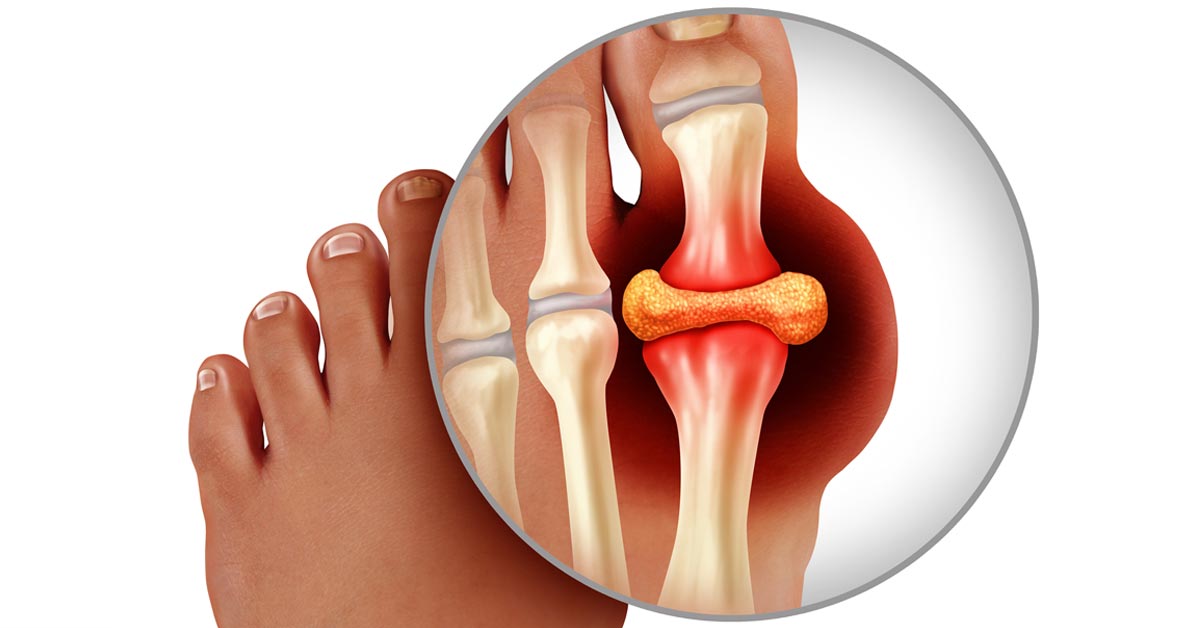Understanding Gout: Causes, Symptoms, and Effective Management
Gout, a form of arthritis, is a painful and inflammatory condition that affects millions of people worldwide. While it has been historically associated with the affluent and elderly, the prevalence of gout is on the rise, making it crucial for individuals to understand its causes, symptoms, and effective management strategies.
Causes of Gout:
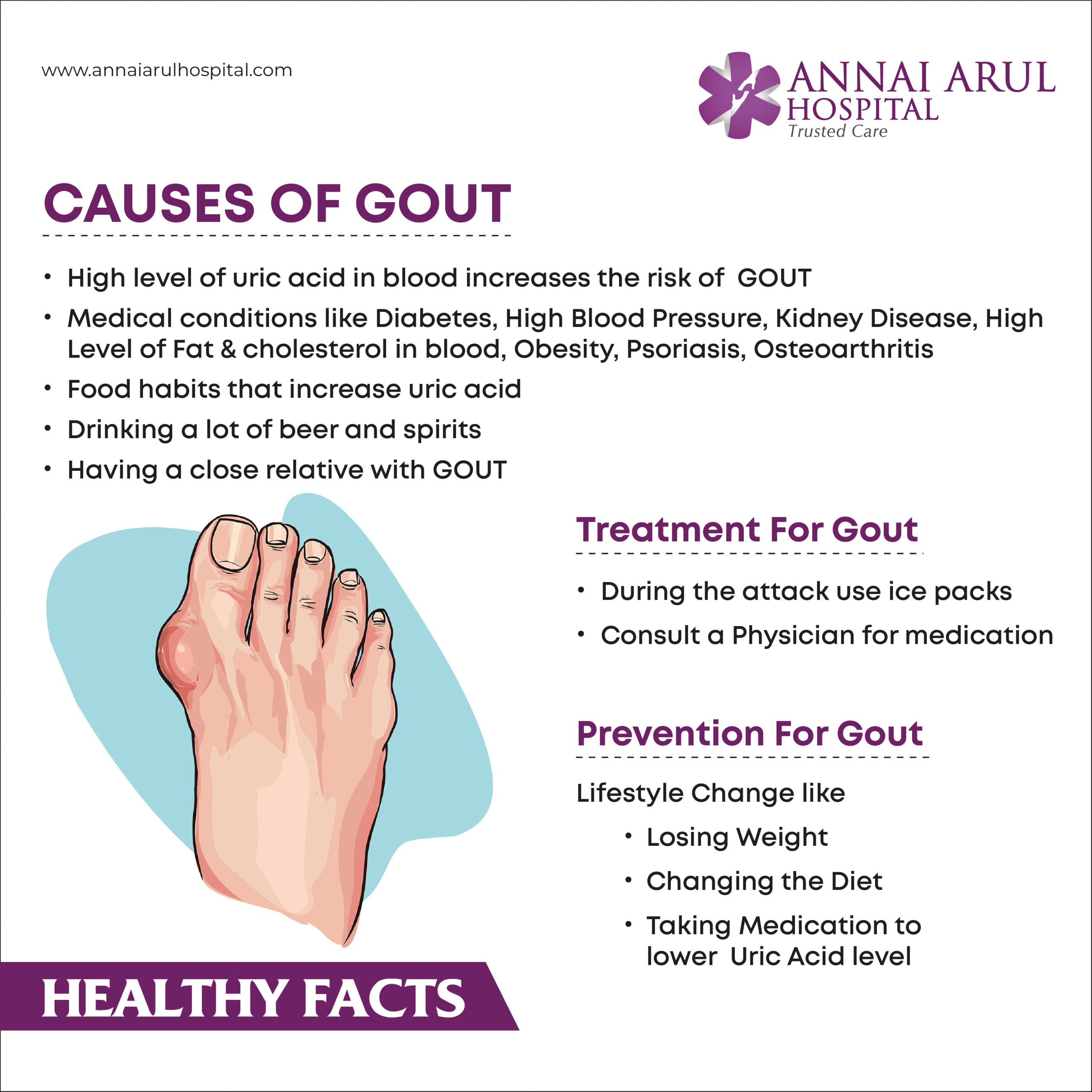
Gout is primarily caused by the accumulation of urate crystals in the joints, leading to inflammation and severe pain. Urate crystals form when there is an excess of uric acid in the blood, a condition known as hyperuricemia. Contributing factors to the development of gout include a diet high in purine-rich foods, excessive alcohol consumption, obesity, and genetic predisposition.
Symptoms:
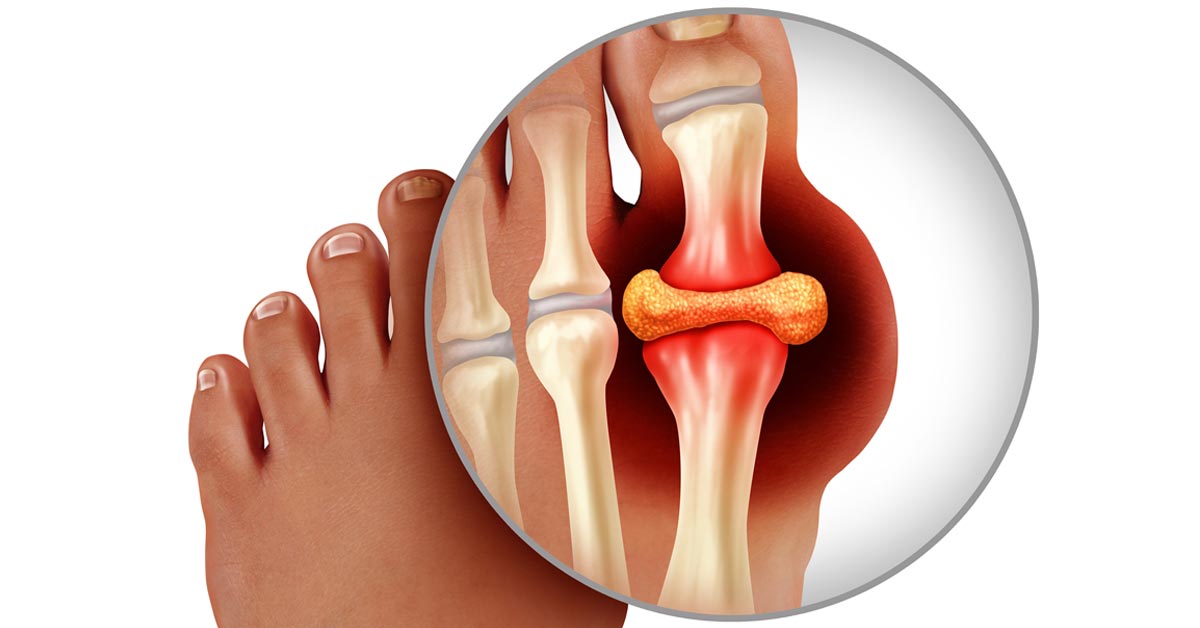
The hallmark symptom of gout is intense pain, often concentrated in the joints of the big toe. This pain is accompanied by swelling, redness, and increased warmth around the affected joint. Gout attacks can be sudden and excruciating, making daily activities challenging for those affected.
Risk Factors:
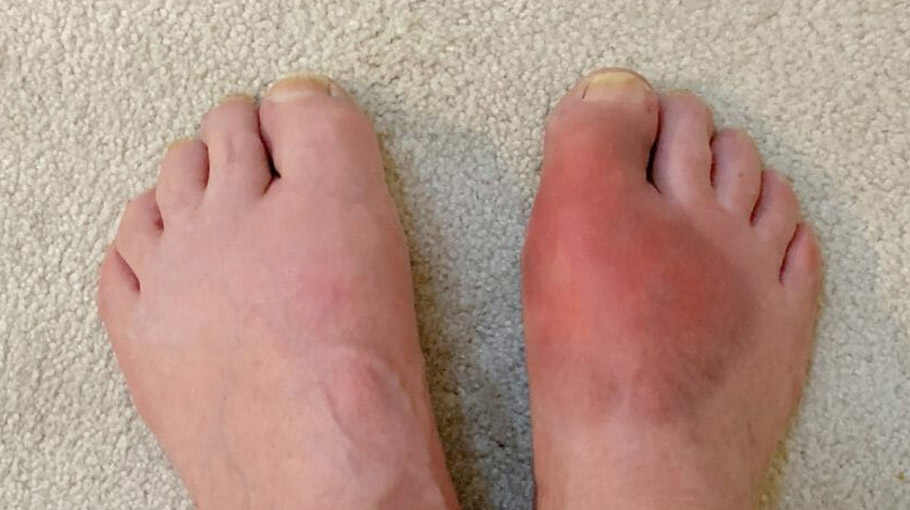
Certain factors increase the risk of developing gout. Men are more susceptible than women, and the risk tends to increase with age. Other risk factors include a family history of gout, obesity, hypertension, and conditions such as diabetes and kidney disease.
Management and Prevention:
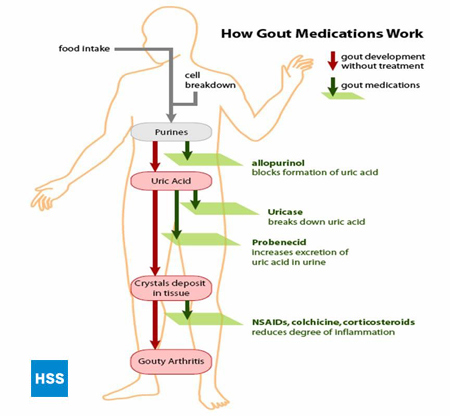
While gout cannot be cured, effective management and lifestyle changes can help control symptoms and prevent recurrent attacks. Medications such as nonsteroidal anti-inflammatory drugs (NSAIDs), colchicine, and corticosteroids are commonly prescribed to relieve pain and inflammation during acute episodes.
Long-term management involves lifestyle modifications, including dietary changes to reduce purine intake, maintaining a healthy weight, and limiting alcohol consumption. Additionally, staying well-hydrated and managing comorbid conditions like hypertension can contribute to overall gout management.
Seeking Medical Advice:

Anyone experiencing symptoms of gout should seek prompt medical attention. A healthcare professional can diagnose the condition through a physical examination, joint fluid analysis, and blood tests. Early intervention and proper management can help prevent complications such as joint damage and the development of tophi (accumulation of urate crystals).
Conclusion:
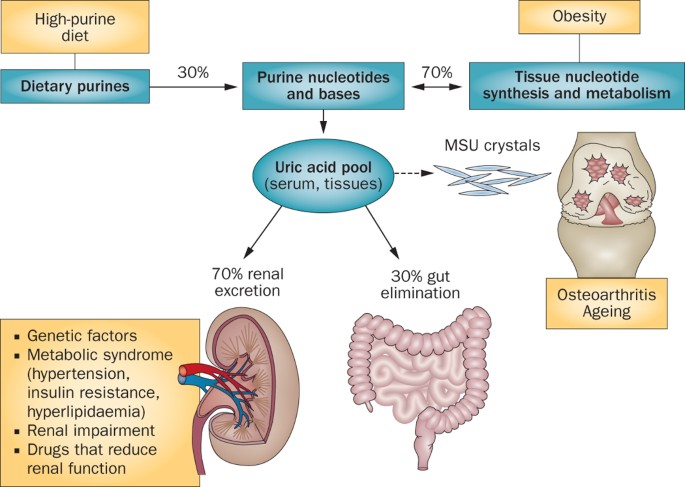
In conclusion, gout is a painful and prevalent form of arthritis that requires attention and proper management. Understanding the causes, recognizing the symptoms, and implementing lifestyle changes are crucial steps in controlling the impact of gout on daily life. By seeking medical advice and adopting a holistic approach to treatment, individuals can effectively manage gout and improve their overall quality of life.
